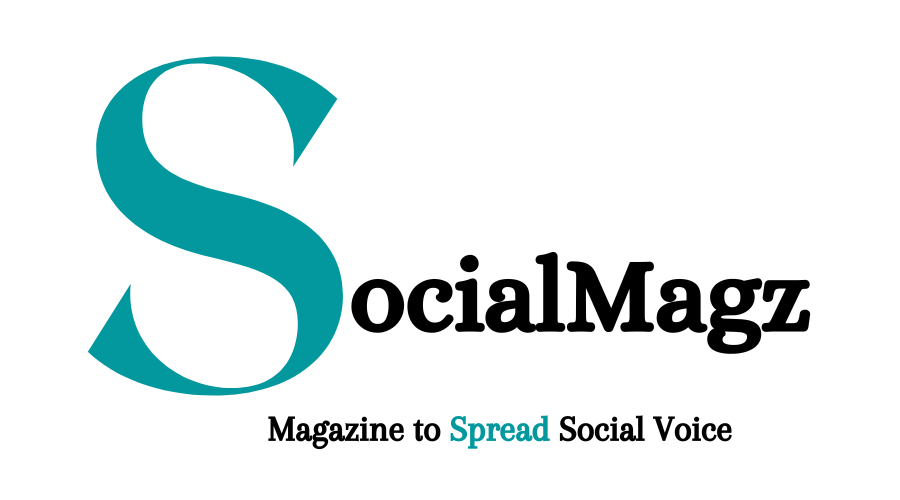DH Guest Posts – The Fastest Way To Determine If Your Employees Are Currently Infected With Covid-19

Ella is an experienced content publisher and Senior Editor at…
As employers start returning to pre-pandemic operation patterns, fear is growing that another wave of Covid infections could soon follow. Tired of endless months of isolation and fear, people have developed ‘Covid fatigue’. However, the resultant complacency could cause another outbreak.
Employers dread the idea of a Covid cluster developing in their company. It will cause significant disruption to their operations if multiple staff members become ill. Here is how they can spot an infected employee.
Testing
Testing is the most effective way to determine an employee’s Covid status. However, it is not a perfect system.
- First, people might only test positive several days after exposure to the virus, during which time they could have infected others.
- Second, testing can be expensive, and insisting on frequent tests could become too costly over time.
- Third, some employees may refuse to take the test. When this happens, the employer should counsel them to determine why they do not want to test. Such employees might need to be isolated from coworkers or sent home to work remotely.
Many companies are insisting on corporate testing in Baltimore before allowing people to return to their premises. Drip Hydration, Covid Clinic, Event Scan, and Global 7 Diagnostics perform onsite Covid tests. Many of these companies offer discounted rates for bulk corporate Covid testing and provide the polymerase chain reaction (PCR) and antigen tests in standard or rapid form.
Screening
All employees should undergo a screening process before entering the workplace. It presents an opportunity to obtain an overall picture of their health. Screening should include taking the subject’s temperature and asking them several Covid symptom-related questions. Screening records show the employer’s intent to determine if an employee has Covid and take precautionary measures to protect remaining staff members.
The downside of screening, which makes it less effective, is that many people with Covid are asymptomatic and will answer the questions about symptoms in the negative despite having the virus. Others might lie because they do not want to be sent home on unpaid sick leave.
However, using this technique, you might pick up on possible Covid infections, especially when using a thermometer to take temperatures.
Self-isolating
As an employer, the best thing you can do is encourage workers with symptoms to remain home in self-isolation. The less contact they have with others, the less likely they are to transmit Covid. A climate of trust is necessary for the abnormal conditions an unprecedented pandemic presents. Employees must not feel afraid that they will lose their jobs, and employers must assume the best about their workers, not suspecting them of dishonesty if they call in and state that they might be ill.
Covid has created an atmosphere of fear and panic in society, which individuals bring into the workplace. No one knows what the future holds. However, when employers and employees have open lines of communication and a sense of trust, everyone’s best interests are protected.
Reporting
As mentioned before, workers should feel free to call their company and explain that they live with someone who has tested positive for Covid. It is the responsible thing to do as living at close quarters with someone who has Covid elevates the risk of infection. When employees fear losing their jobs, they will keep quiet and come to work, potentially infecting others.
Companies must have contingency plans and policies that support employees who must self-isolate or remain home due to contact with an infected person. Where possible, the employer should allow workers to continue working remotely during this time. There are greater odds of transparency and honesty from staff members when their employer takes a non-punitive approach toward Covid reporting.
Undoubtedly, some will try taking advantage of current circumstances. However, this risk should not put employers off from being understanding and flexible in the face of challenges caused by Covid.
Daily Check-ins
All supervisors and managers should do a daily check-in with employees to find out how they are feeling. Observation alone allows a manager to determine whether a worker is not behaving as they typically would, or if they appear ill. It is essential that supervisors and managers get to know their workers and make them feel valued.
This increased level of interest will create an environment where employers will feel free to approach their supervisor or manager to discuss Covid and whether they are experiencing symptoms. Feedback from workers is essential to prevent Covid infections.
Ella is an experienced content publisher and Senior Editor at SocialMagz.com. With a passion for technology and a wealth of knowledge in the field, Ella brings a unique perspective to the website and its readers.








